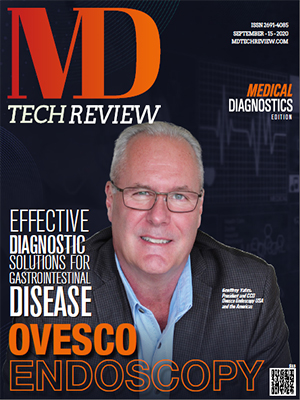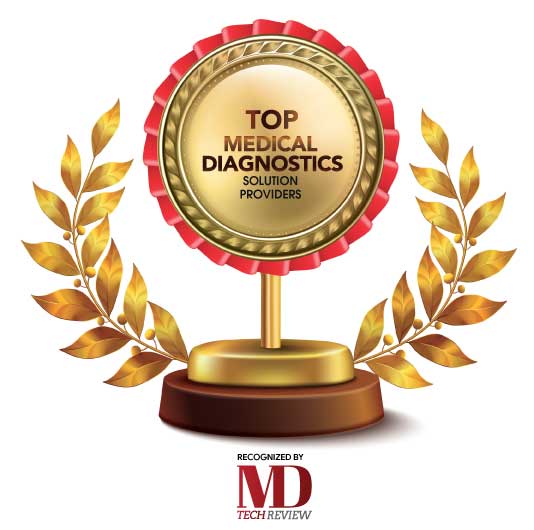For the first time in history, a healthcare crisis has shut down the entire global economy, painfully demonstrating how inseparable healthcare and the economy have become. The COVID-19 pandemic has catapulted the healthcare industry to center stage and will lead to a far-reaching impact on how healthcare will evolve at a leapfrogging pace. One of the most significant impacts on the industry is the shift from hospital-based services to telemedicine and virtual care and an increase in demand for portable point-of-care solutions. Besides, digital health, retail, and drive-through clinics have also seen increased demand.
For instance, the medical industry is witnessing a surge in digital interfaces for remote patient monitoring and teleconsultations for elective or non-emergency physician consultations. Digital tools are being used for contact tracing as well as epidemiological predictions for disease progression and flattening the curve. Some of the commendable digital adoptions of technologies include telemedicine, AI-based X-ray and CT scan image analysis, and massive contact tracing (Google and Apple AI-based contact tracing). Technology-enabled workflows enable patients to complete most of the registration formalities prior to the visit, be it a virtual consult or a clinic visit. Registration kiosks in hospital lobbies will soon be enabled with facial recognition software to eliminate the need for touching any surface. Furthermore, routine examinations are going virtual, with many diagnostic procedures now possible through remotely controlled devices.
A vast and growing array of automated communication tools are enabling caregivers to use rule-based messaging to push everything from health coaching, post-discharge care instructions, and appointment reminders through text, SMS, and mobile alerts. What’s more is technologies like AI, robotic process automation, image recognition, and wearables, among several others, are enabling physicians and healthcare professionals to go beyond the traditional way of treating patients.
To sum it up, while the COVID-19 experience has unmasked significant deficiencies and inflexibility in the facility-based healthcare system, the crisis has also created a unique opportunity for the governments, healthcare companies, and professionals to reimagine and transform the healthcare delivery system fully and rely on a new, more decentralized paradigm, supported by technology and advanced logistics.
Highlighting these new developments in the medical diagnostics landscape, MD Tech Review has compiled a list of leading medical diagnostics solution providers. The enlisted organizations are transforming the healthcare-related processes at the convergence of several disruptive technologies. Besides, the magazine also comprises insights from thought leaders in the sector on the industry trends, best practices, recent innovations, and their advice for the aspiring CIOs.
We present to you MD Tech Review’s “Top 10 Medical Diagnostics Solution Providers – 2020.”














